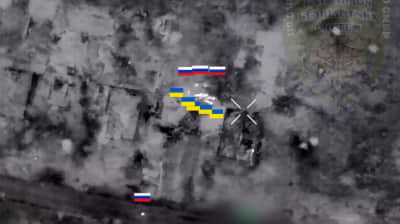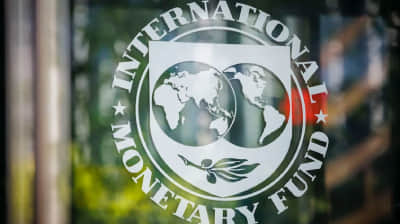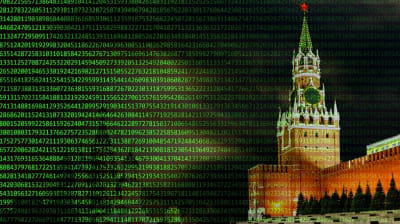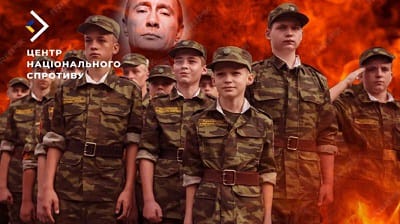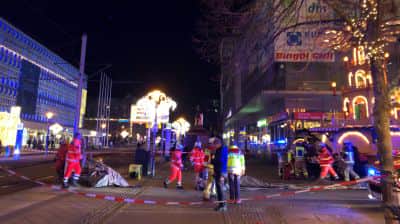Conscripted Russians do not have necessary experience for successful offensive – ISW
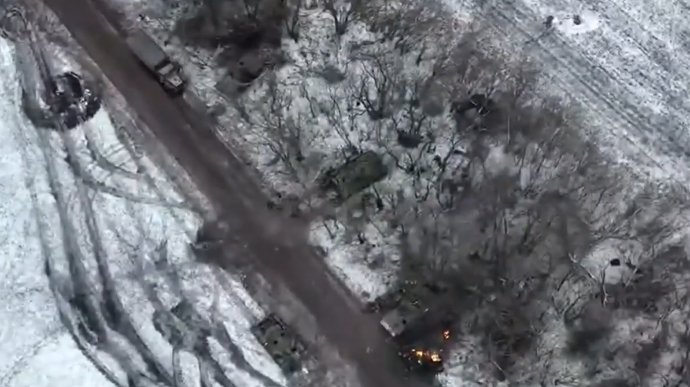
The deployment of conscripted servicemen by Russian troops is unlikely to create sufficient offensive potential for a large-scale and rapid mechanised offensive, experts at the Institute for the Study of War believe.
Source: ISW report
Details: the Institute emphasised that Oleksii Dmytrashkivskyi, representative of the Ukrainian Tavriisk operational direction, stated that the Russian military will need to restaff the 155th Naval Infantry Brigade for the third time due to its losses in Vuhledar. He noted that that the 155th Naval Infantry Brigade had 5,000 servicemen prior to its defeat in Vuhledar.
At the same time, ISW quotes a Russian serviceman from the 155th Nacal Infantry Brigade who took part in the assault on Vuhledar. He said that the brigade was 80-90% staffed with mobilised personnel.
"Russia’s continued reliance on mobilised men who were unable to perform military tasks such as identifying and detecting minefields or knowing what to do having blundered into them during the assault indicates that these mobilised elements do not have the necessary combat experience necessary to stage a successful mechanised offensive. These mobilised men have likely received limited individual training and lack the unit cohesion and professional training or experience necessary for large-scale mechanised offensives," ISW report reads.
"Russia may deploy additional mobilised elements that may be able to conduct sound defensive operations or attrition-based offensive operations to the Vuhledar frontline, but these mobilised soldiers are unlikely to become effective mechanised elements capable of mounting successful offensive operations in any short period of months," added the Institute's expers.
ISW key takeaways for 13 February:
- Moscow continues to leverage its relationship with Iran to provide military support for the war in Ukraine.
- The Wagner Group’s continued dissemination of deliberately brutal extrajudicial execution videos and generally graphic content is normalising an increasing level of brutality and thuggishness within the domestic Russian information space.
- Russian military command is facing challenges integrating irregular armed formations with conventional forces.
- Russian authorities are increasingly undertaking measures to promote self-censorship in Russia under the guise of countering increased information threats resulting from the invasion of Ukraine.
- Russian President Vladimir Putin continues to publicly stand by the Russian Ministry of Defense (MoD) as his naval infantry continues to suffer catastrophic casualties around Vuhledar, Donetsk Oblast.
- Russian forces continued to conduct ground attacks northwest of Svatove and near Kreminna.
- Russian forces made marginal territorial gains near Bakhmut and continued to conduct ground attacks across the Donetsk Oblast front line.
- Russian forces unsuccessfully attacked Ukrainian positions in western Zaporizhzhia Oblast while continuing to fortify their positions in the region.
- Russian officials and regime-linked actors continue to exploit assets from captured Ukrainian cities for economic and military benefit.
Journalists fight on their own frontline. Support Ukrainska Pravda or become our patron!
